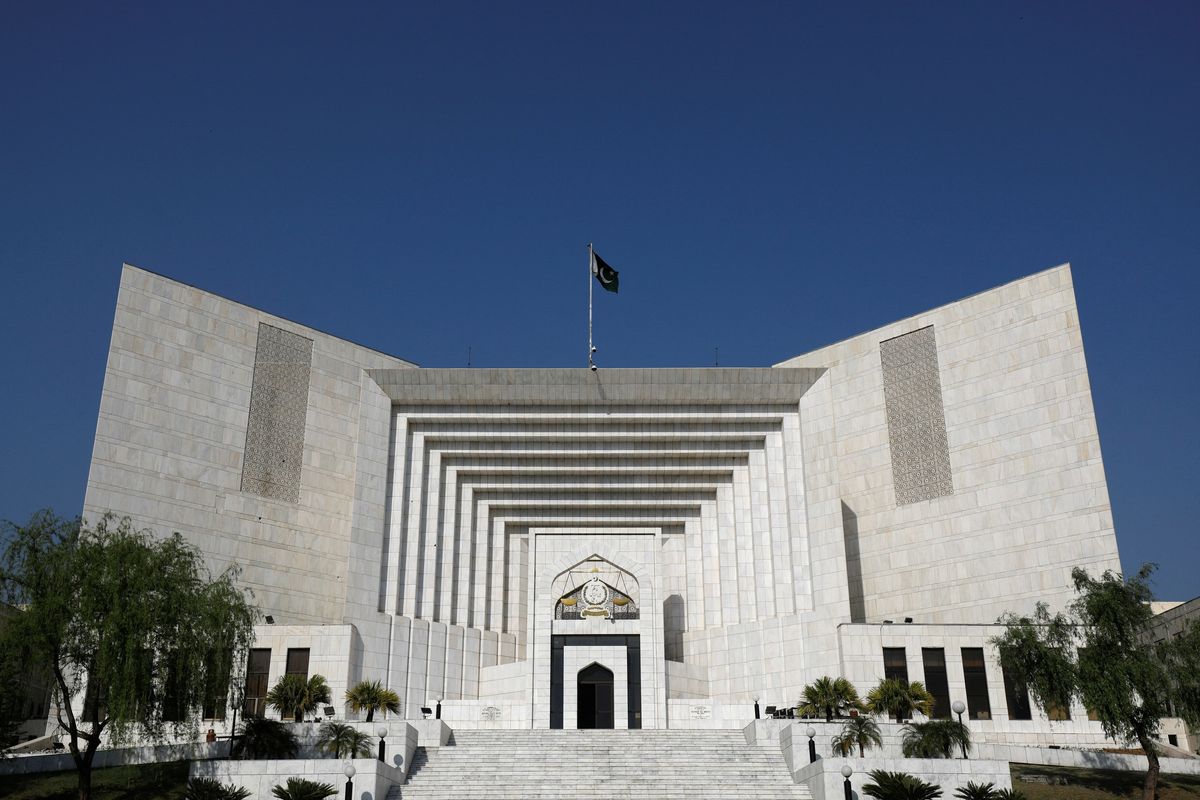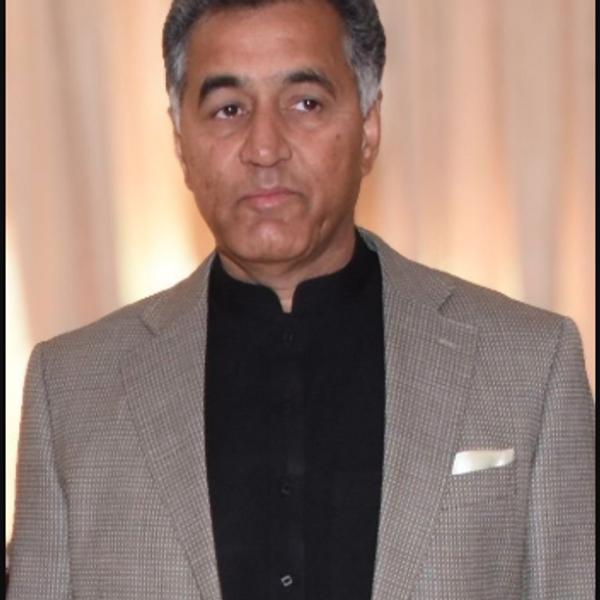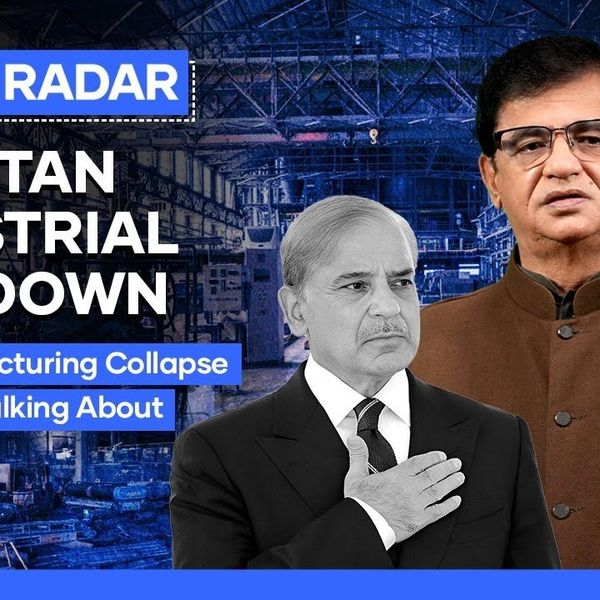Pakistan top court grills accused on delayed challenge to military trials
Justice Mandokhail asks whether accused were negligent in not challenging military trials amid claims of coercion

Aamir Abbasi
Editor, Islamabad
Aamir; a journalist with 15 years of experience, working in Newspaper, TV and Digital Media. Worked in Field, covered Big Legal Constitutional and Political Events in Pakistan since 2009 with Pakistan’s Top Media Organizations. Graduate of Quaid I Azam University Islamabad.

Pakistan’s Supreme Court questioned on Tuesday why accused individuals had not challenged their referral to military courts sooner, raising concerns over potential negligence.
A seven-member constitutional bench, headed by Justice Aminuddin Khan, conducted the hearing on intra-court appeals against military trials of civilians.
During proceedings, Justice Jamal Mandokhail asked why the accused had not contested their cases earlier, noting that fundamental rights must be protected but violations also needed to be brought before the judiciary.
"Was this negligence on their part?" Justice Mandokhail inquired.
Petitioners’ counsel Salman Akram Raja argued that the accused had not been negligent. Instead, he said, they and their families faced intense pressure in the aftermath of the May 9 riots, receiving warnings against filing petitions. He praised one accused, Junaid Razzaq, for refusing to withdraw his case despite such pressure.
As the hearing began, Raja apologized for missing the previous session, citing traffic delays. In response, Justice Aminuddin Khan remarked, "Those who intended to reach the court on time managed to do so."
Justice Mandokhail urged Raja to conclude his arguments within the day, but the lawyer requested time until the following session.
During arguments, Raja informed the court that he had prepared 10 petitions against the referral of civilians to military courts. However, Justice Muhammad Ali Mazhar questioned how this matter related to Article 2(1)(d) of the Constitution.
Justice Mandokhail criticized Parliament for failing to address these issues. “The matters being debated in court should have been resolved by parliament,” he remarked.
Raja countered that judicial oversight was necessary in the sentencing process. He also cited legal precedents from the Balochistan High Court, arguing that it had consistently ruled in favor of civilian protection, even under martial law. He referenced the late Justice Waqar Seth, whose decisions had been cited internationally but later suspended by the Supreme Court.
"No court can exist outside the jurisdiction of Article 175(3) of the constitution," Raja asserted.
Justice Hassan Azhar Rizvi remarked that the May 9 attacks on military installations had been widely televised.
"Vandalism and arson have become a fashion these days," he said, condemning the storming and destruction of Corps Commanders’ houses. He compared these events to incidents of looting in Bangladesh and Syria, calling such violence a "culture".
Justice Mandokhail countered that trespassing into a civilian’s home was also a crime. Raja responded that Article 175(3) should apply to military officers as well.
Justice Naeem Akhtar Afghan reminded the court that the 1973 Constitution and the 18th Constitutional Amendment had already reviewed all laws from the martial law eras. He questioned why the Supreme Court was being asked to intervene in matters that parliament should handle.
Justice Rizvi further asked whether attacks on military residences had occurred elsewhere in the world. Raja replied that such incidents had happened before and promised to provide examples.
Raja also referred to the Supreme Court’s ruling on the Law Reforms Ordinance. Justice Mazhar then questioned whether any legislation had been enacted in response to prior court rulings.
After hours of arguments, the Supreme Court adjourned the hearing until 9:30 a.m. Wednesday.










Comments
See what people are discussing